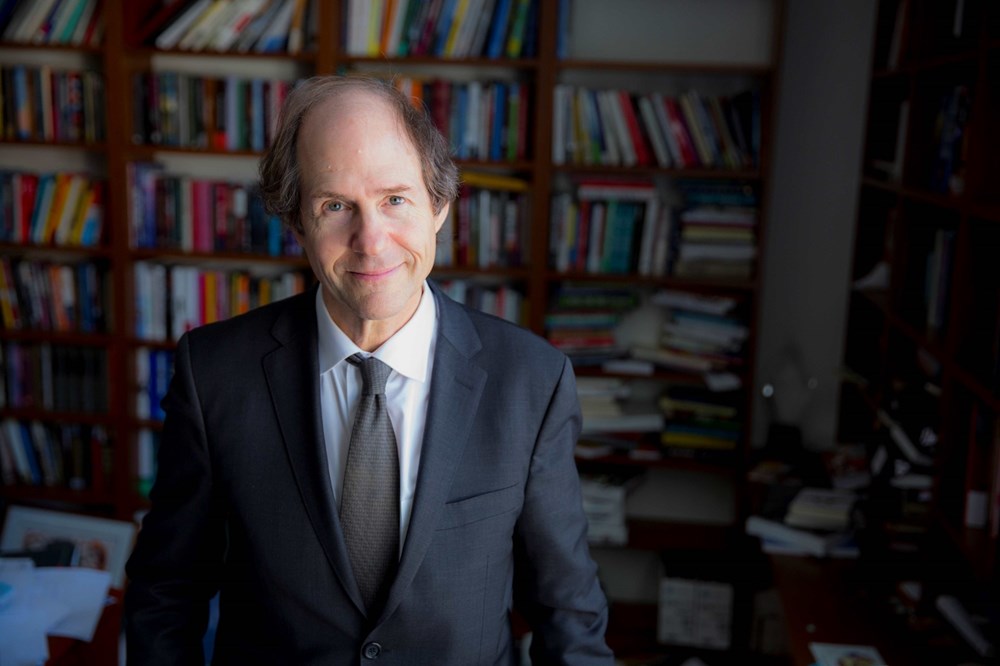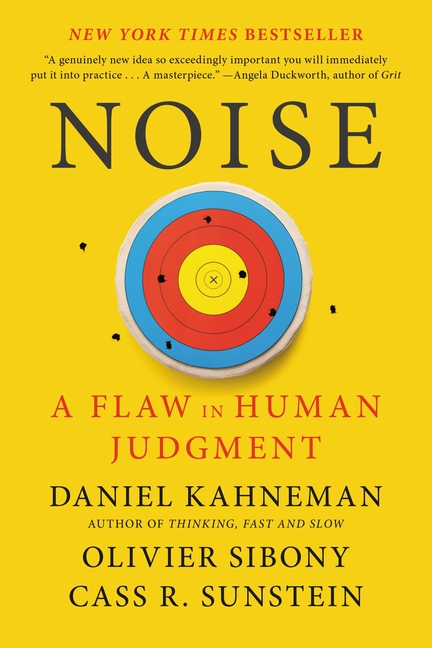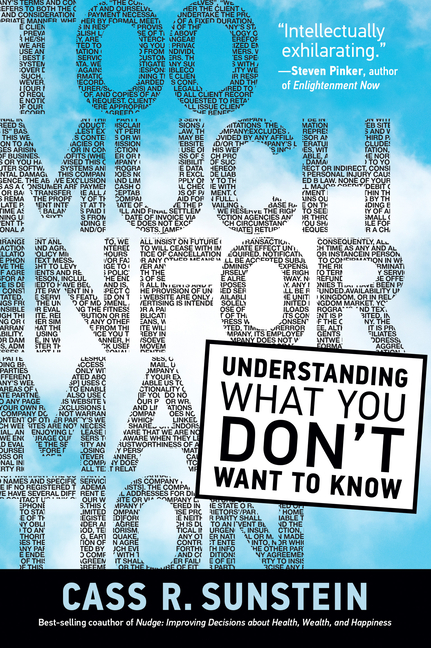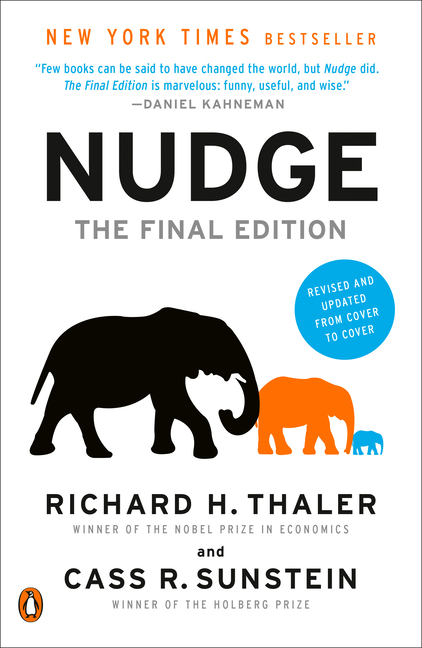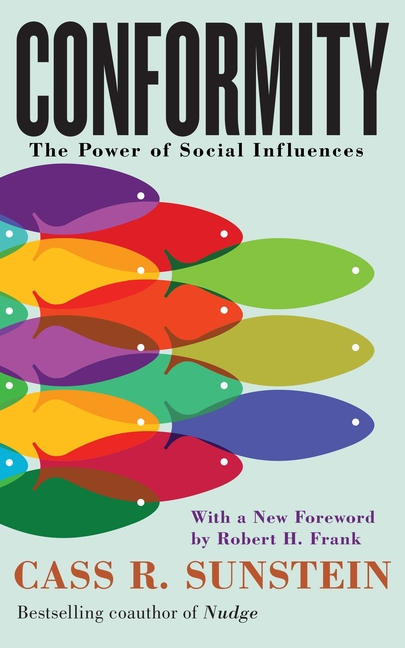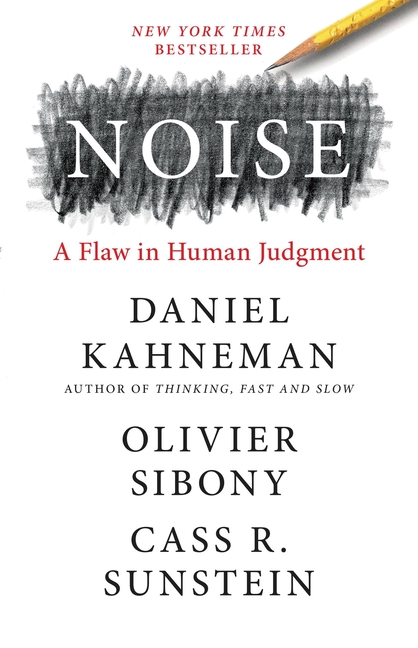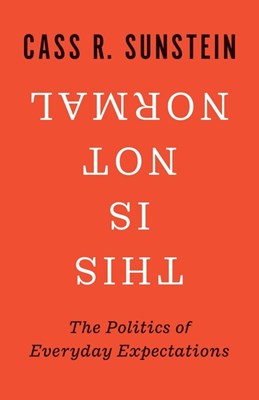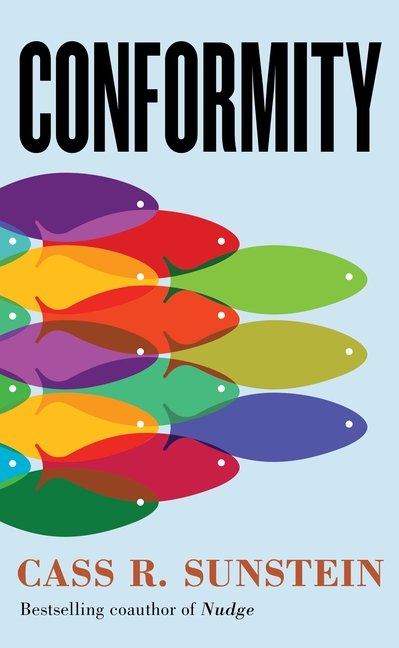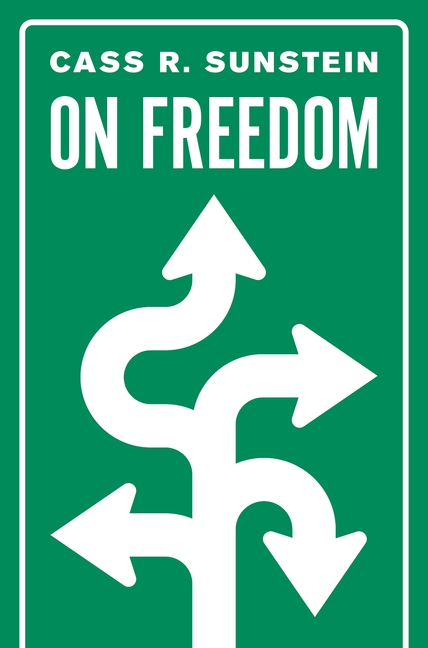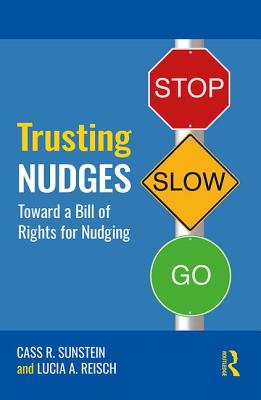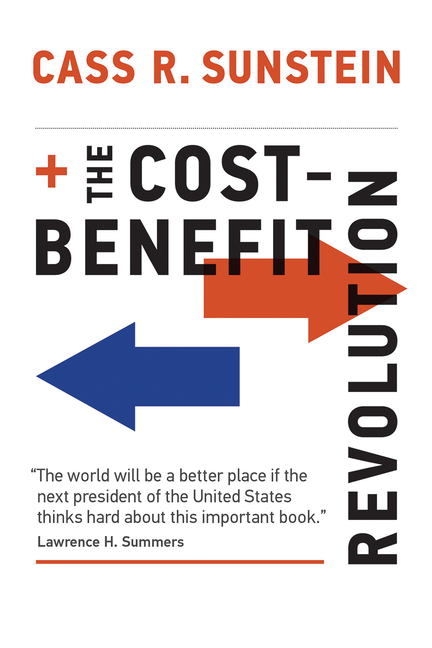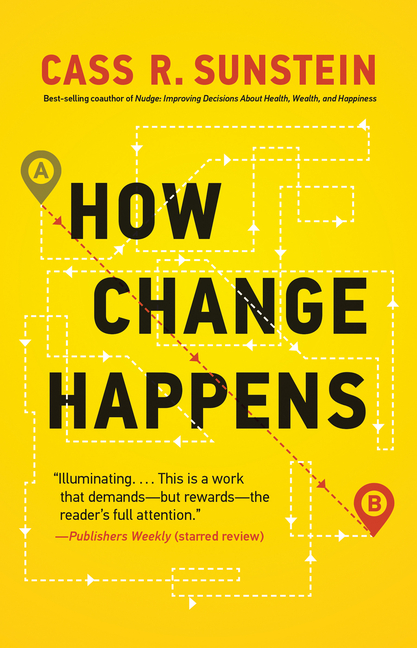
How Change Happens
The different ways that social change happens, from unleashing to nudging to social cascades.
| Quantity | Price | Discount |
|---|---|---|
| List Price | $17.95 | |
| 1 - 24 | $15.26 | 15% |
| 25 - 99 | $11.13 | 38% |
| 100 - 249 | $10.77 | 40% |
| 250 - 499 | $10.41 | 42% |
| 500 + | $10.23 | 43% |
Non-returnable discount pricing
$17.95
Book Information
| Publisher: | MIT Press |
|---|---|
| Publish Date: | 04/14/2020 |
| Pages: | 344 |
| ISBN-13: | 9780262538985 |
| ISBN-10: | 0262538989 |
| Language: | English |
Full Description
An "illuminating" book that "puts norms at the center of how we thinking about change", revealing the different ways social change occurs--for readers of Freakonomics and Thinking, Fast and Slow (The New York Times) How does social change happen? When do social movements take off? Sexual harassment was once something that women had to endure; now a movement has risen up against it. White nationalist sentiments, on the other hand, were largely kept out of mainstream discourse; now there is no shortage of media outlets for them. In this book, with the help of behavioral economics, psychology, and other fields, Cass Sunstein casts a bright new light on how change happens. Sunstein focuses on the crucial role of social norms--and on their frequent collapse. When norms lead people to silence themselves, even an unpopular status quo can persist. Then one day, someone challenges the norm--a child who exclaims that the emperor has no clothes; a woman who says "me too." Sometimes suppressed outrage is unleashed, and long-standing practices fall. Sometimes change is more gradual, as "nudges" help produce new and different decisions--apps that count calories; texted reminders of deadlines; automatic enrollment in green energy or pension plans. Sunstein explores what kinds of nudges are effective and shows why nudges sometimes give way to bans and mandates. Finally, he considers social divisions, social cascades, and "partyism," when identification with a political party creates a strong bias against all members of an opposing party--which can both fuel and block social change.


